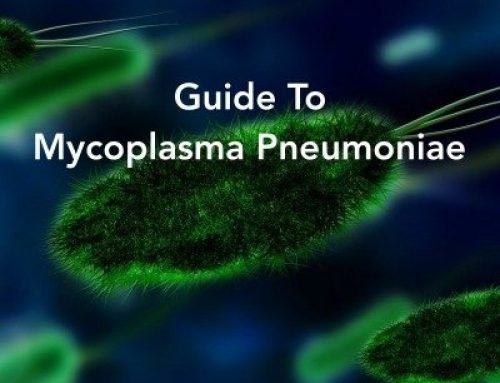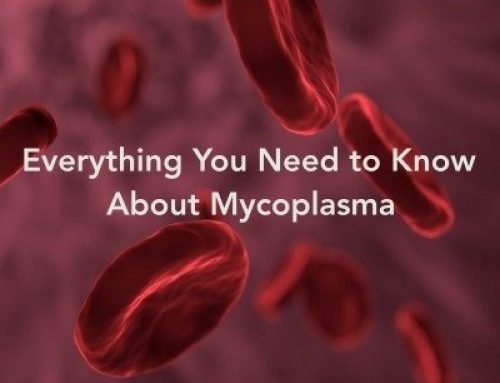Stay Away from These 9 Foods for your Kidneys
If You Have Bad Kidneys, Stay Away from These 9 Foods
According to Health Line, the kidneys are organs with a shape similar to beans and they play numerous vital roles in the body, i.e. they filter blood, eliminate waste through the urine, produce hormones, regulate minerals, and keep fluid balance. When the kidneys fail to function optimally due to some damage, the risk of fluid and waste deposits in the body elevates.
With this in mind, it is worth pointing out that staying away or decreasing the amount of specific foods in your diet may lower the building up of waste in the blood and better the functioning of the kidneys and avert additional damage. This is especially beneficial for people who are already having some kidney-related issue like chronic kidney disease.
What Is Chronic Kidney Disease?
As explained by the National Kidney Foundation, chronic kidney disease is a health condition manifested by a progressing loss of kidney function. This condition encompasses problems that harm the kidneys and lower their capacity to perform optimally. This puts one at a higher risk of specific health complications such as hypertension, brittle bones, nerve damage, and anemia, as well as blood vessel and heart illness.
The major reasons for chronic kidney disease are hypertension and diabetes, as well as several other disorders like polycystic kidney disease, glomerulonephritis, lupus, recurrent urinary infections, etc. When the problem is diagnosed and treated timely and properly, it will prevent further worsening, however, if adequate measures are not taken, over time, this disease can cause kidney failure that necessitates dialysis or kidney transplant in order to maintain life.
What Are the Main Symptoms of Chronic Kidney Disease?
As pointed out by the National Kidney Foundation, a lot of patients do not experience serious signs until the illness is in a more advanced stage. Here are the most common signs that may occur then:
- Tiredness and lack of energy
- Difficulty concentrating
- Reduction in appetite
- Poor sleep
- Muscle cramps at night
- Swollen ankles and feet
- Puffy eyes
- Dry and itchy skin
- Increased urination at night
The Role of Diet for Kidney Disease Sufferers
The type of diet for people suffering from kidney disease depends on the stage they are. A kidney-friendly nutrition, also known as renal diet, is known to restrict the sodium and potassium intake to 2,000 mg on the daily and phosphorus to 1,000 mg because of the kidneys’ inability to properly expel them from the body and the consequent risk of experiencing a higher level of these minerals in the blood. If you want to follow a diet that will not further damage the kidneys, it is pivotal to exclude these 9 foods from your diet, according to Health Line.
- Canned foods
As explained by Kaitlyn Berkheiser, foods like soups, beans, and veggies that are sold in cans are often our first choice when we go to the supermarket because of their low cost and the convenience factor. Nonetheless, these foods are full of sodium, which plays the role of a preservative that prolongs the duration of the product. Hence, individuals with kidney illness need to exclude these products entirely or at least limit their intake. A far better solution would be to opt for the “no salt added” variants.
- Whole-wheat bread
Berkheiser further explains that even though when it comes to bread, the whole-wheat version is the more nutritious option for healthy individuals, the bread from white flour is considered to be better for people who have kidney disease. Why is this so? Once again, it is the phosphorus and potassium. Did you know that 30 grams of white bread has only 28 mg of both potassium and phosphorus whereas the same amount of whole-wheat bread has around 57 mg of phosphorus and 69 mg of potassium?
- Bananas
Bananas, as pointed out on Health Line, are abundant in potassium, i.e. around 422 mg per medium-sized banana. Therefore, it may be challenging to maintain the daily intake of potassium to 2,000 mg if this fruit is a daily staple for chronic kidney disease sufferers.
- Processed meat
This meat is meat that goes through different processes like salting, drying, curing, etc. and several examples of it are bacon, jerky, sausage, and hot dogs. These products contain a lot of sodium whereas they are pretty low on nutrients or do not have them at all. Unfortunately, their consumption has been linked to chronic diseases and other health-related problems.
- Tomatoes
This fruit is rich in potassium and it may not be the most viable food option for those on a renal diet. Believe it or not, a cup of tomato sauce may have more than 900 mg of potassium, which is almost half of the recommended daily amount of potassium recommended for people suffering from kidney disease.
- Avocados
Yes, you have read correctly; avocados are not the smartest food decision for people who have kidney disease even though they are frequently praised for their health benefits and nutritional value. Again, this is a result of their high potassium levels, i.e. 150 grams of avocados supply the body with 727 mg of potassium.
- Dairy
Dairy is abundant in numerous nutrients and vitamins, including potassium and phosphorus. To illustrate, a cup of whole milk has 222 mg of phosphorus and 349 mg of potassium. Hence, excessive consumption of dairy can aggravate the health of the bones in those who are diagnosed with chronic kidney disease. Dairy is also rich on protein or 8 grams per cup of whole milk.
- Apricots
Though this fruit can supply the body with vital nutrients like fiber and vitamins A and C, it is also high on potassium. Did you know that a cup of apricots has 427 mg of potassium and the content is even higher in dried apricots (a cup has more than 1,500 mg of potassium!). If we take into consideration that a cup of dried apricots gives 75 percent of the recommended 2,000 mg potassium limit for chronic kidney illness sufferers, it is best to exclude them from your diet.
- Prunes, raisins, and dates
During the processes of drying, the nutrients of dried fruits are concentrated, including potassium. This is why a cup of prunes supplies one with 1,274 mg of potassium whereas only 4 dates provide 668 mg of potassium. Hence, due to the high level of potassium present in dried fruits like raisins and dates, it is a good solution to steer away from them if you suffer from chronic kidney disease to avert further complications.
Final Thoughts
Even though diet restrictions, like the renal diet, may be challenging for some people, they are a crucial element of managing chronic kidney disease and also prevent further deterioration of the kidneys. Of course, any diet restrictions and other recommendations depend on the seriousness of the illness and need to be done in consultation with your doctor.
Insurance
Embry Women’s Health is committed to providing quality, affordable health care. We’re in-network with all major insurance plans, including Aetna, Blue Cross Blue Shield, Cigna and UnitedHealthcare. No insurance? No problem. We offer a simple fee schedule for those who wish to pay out-of-pocket. Click the button below for our complete list and more information:














Leave A Comment